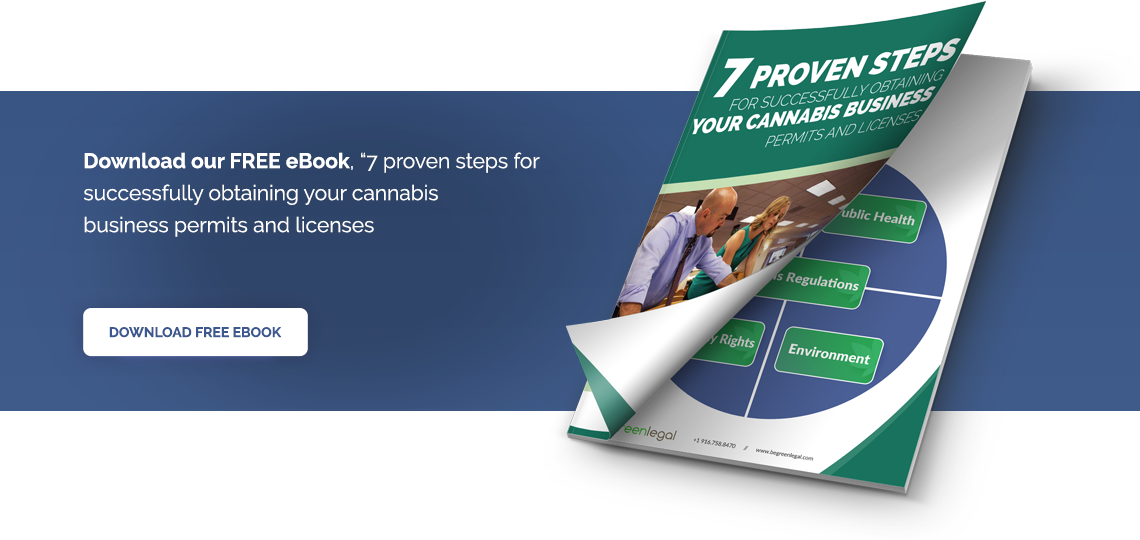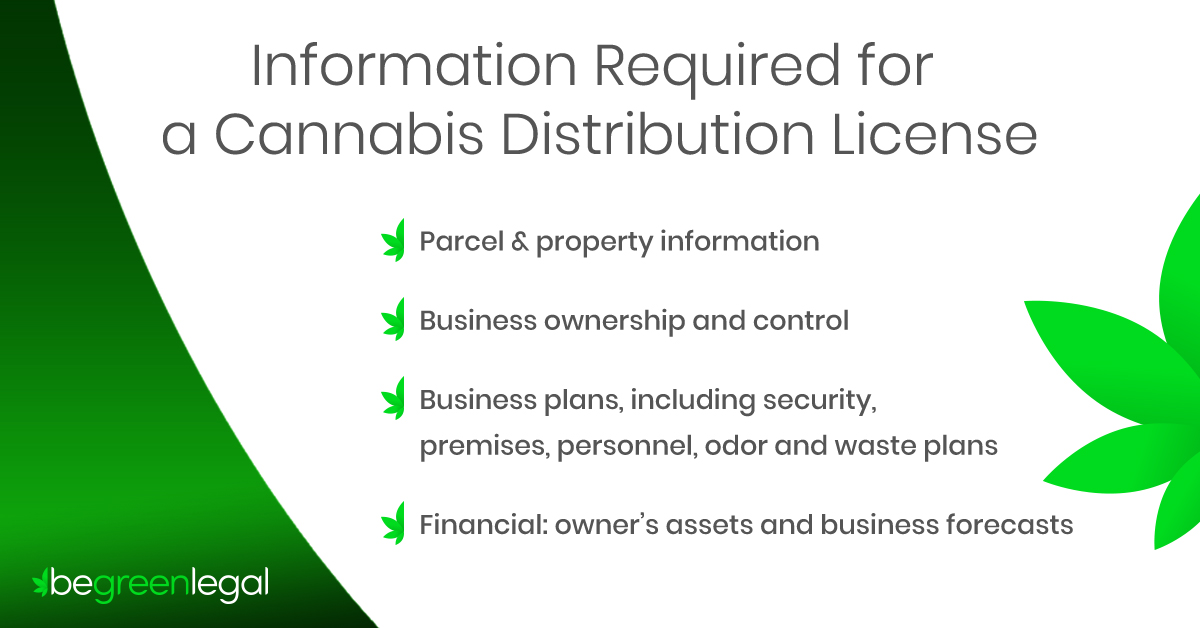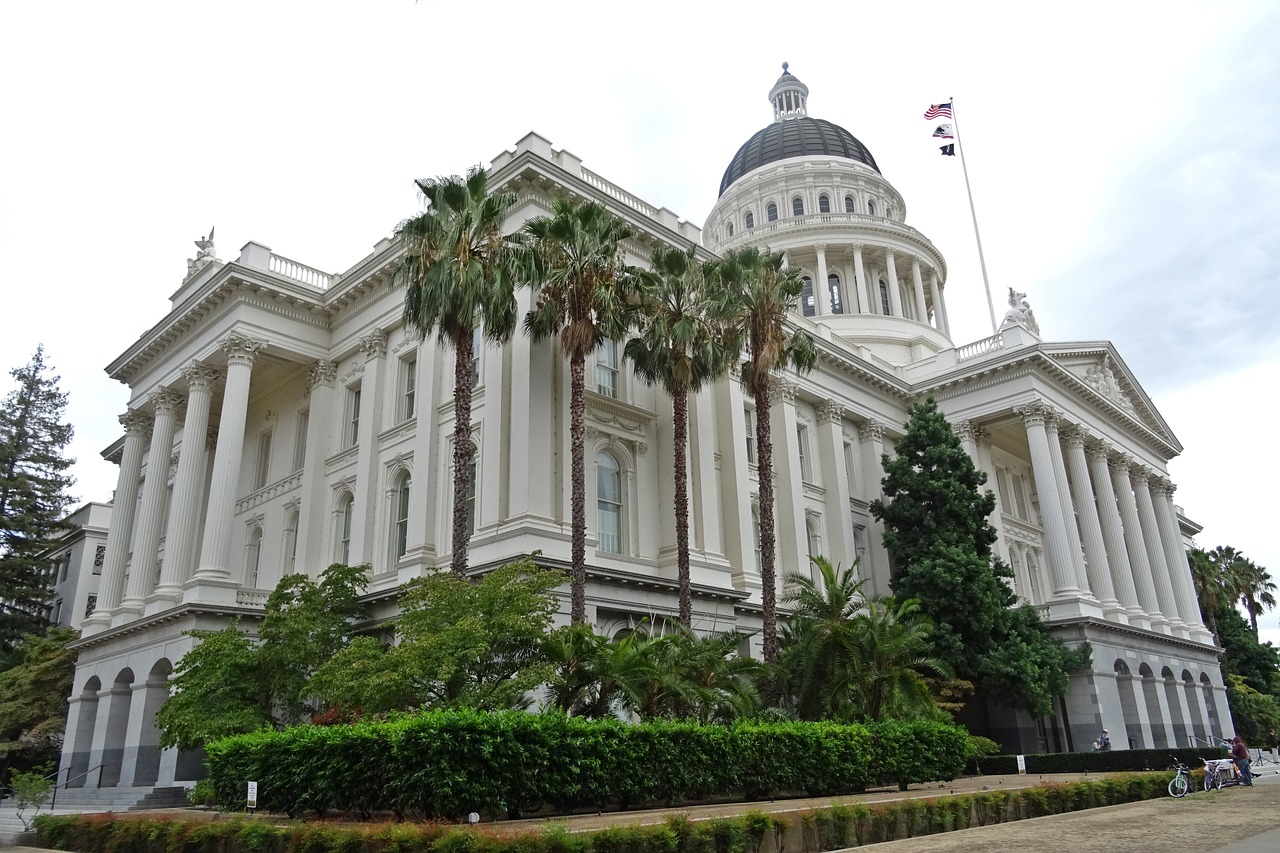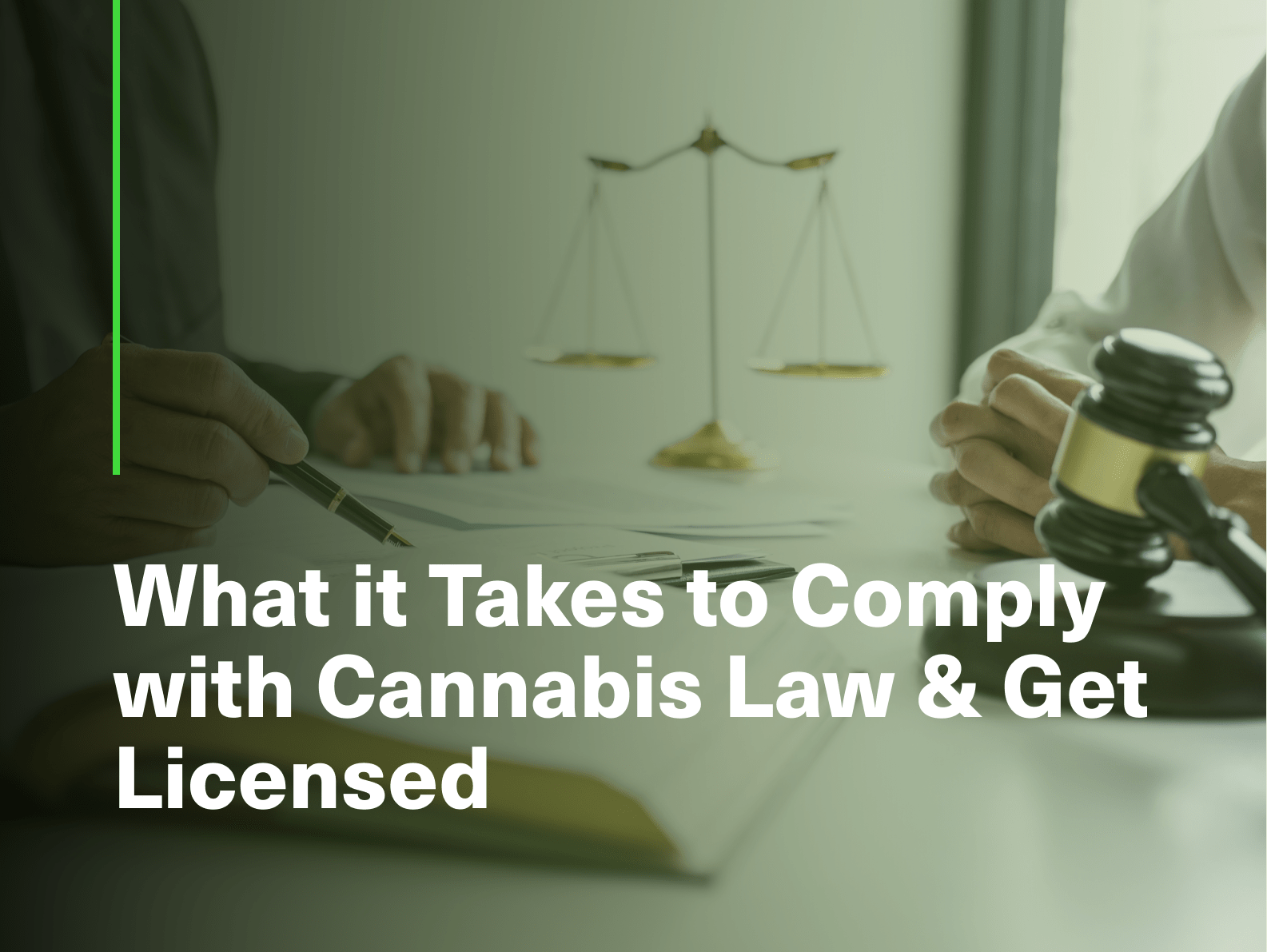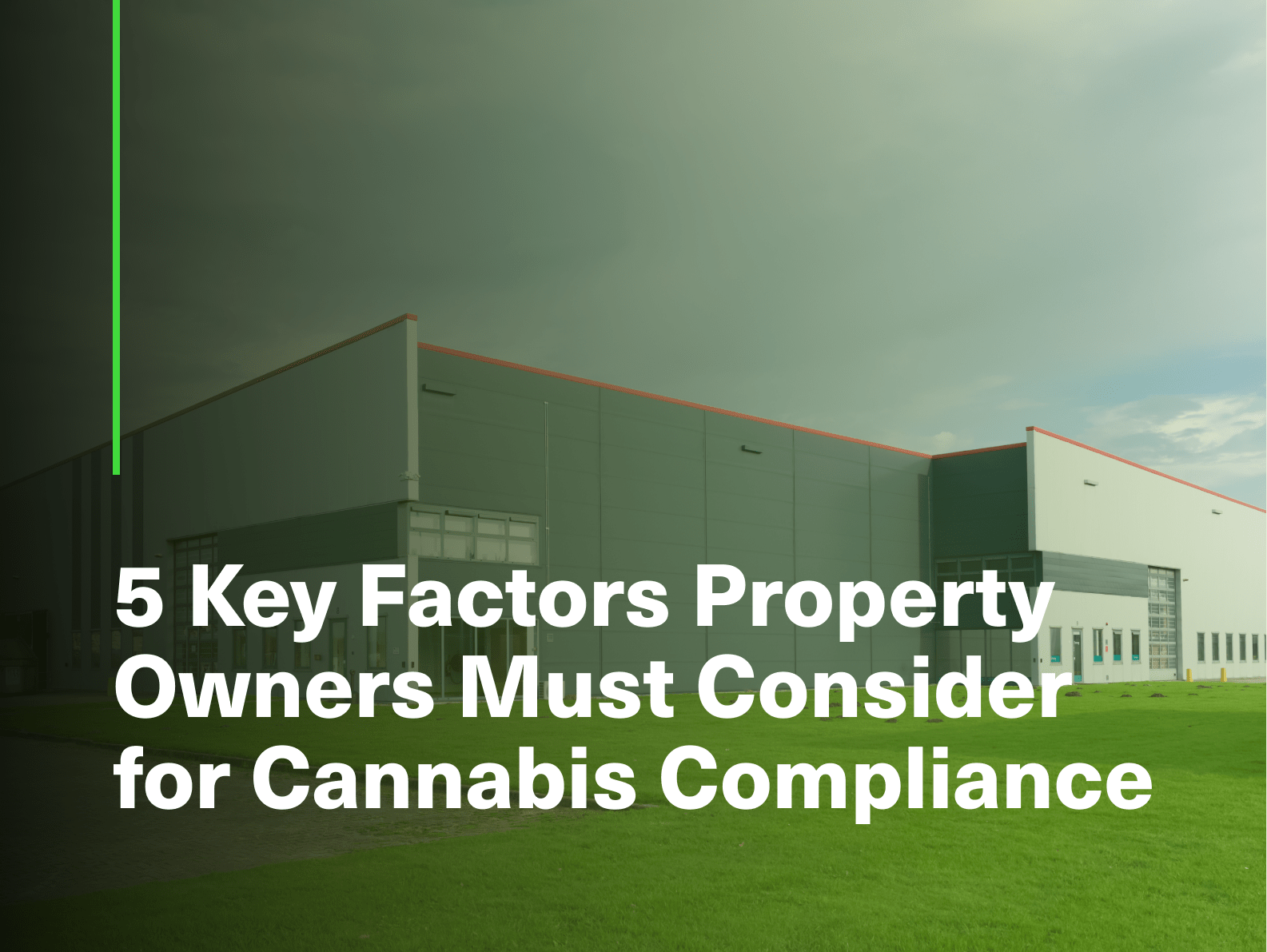When California’s final cannabis regulations were released by the BCC at the end of 2018, one of the five major license types, Distribution, got very little attention in the news media. In fact, the majority of people that reach out to us in pursuit of a cannabis distribution license in California have never heard of, and typically are not aware of the importance, responsibilities and opportunities delegated to a Cannabis Distribution company through state law.
In Chapter 2, Section 5300, titled Distributors, the state lays out the roles and responsibilities of this license type in relatively plain English, but its core competencies are far more than that of a delivery service or trucking company like in the beer and wine industry than many presume. For a Fact Sheet, check out the BCC’s Distributor Fact Sheet and more.
Responsibilities
In fact, a Type 11 Distributor, or a Microbusiness that includes Distribution in its mandate, acts in two ways as an agent of the state when they:
- Arrange for and ensure that cannabis products are accurately Tested in compliance with state law, including hosting on site sampling by an independent lab staff.
- Calculate and collect Excise Taxes from the Retailers in accordance with established formulas.
But in order to function, licensed Distributors divide their operation energy between operational tasks which include but are not limited to:
- Purchasing cannabis flower and cannabis products such as extracts, vape cartridges, edibles from other licensees or their own vertically integrated sister companies.
- Securely transporting these products to and from the licensed premises.
- Quarantining and arrangement of Testing samples to be taken on site by independent licensed labs in dedicated storage areas.
- Performing Quality Assurance on product and packaging to ensure compliance with safety regulations.
- Storing, tracking and delivering cannabis and cannabis products to Retailers.
- Recording all transactions and keeping their state track and trace records up to date.
However, the last but certainly not least of their operational duties, and the only one that actually makes them money as a Distributor, they must sell the products to the licensed Retailers throughout the state. Their clients, both Storefront and Delivery Retailers, are hit up by sales reps from competing Distributors and brands for shelf space and market share. And Distributors must get and keep their share thanks to the operational capabilities and brand mix that they are bringing to market.
Distributors are granted the exclusive right to sell to licensed Retailers, aka Dispensaries throughout the state but that does not mean its fishing in a barrel. To be ultra successful, Licensed Distributors in California have to:
- Build and run motivated sales teams
- Provide a consistent inventory of great products at fair prices
- Utilize a solid B2B workflow platform, including at least some digital support
- Above all else, generate buzz, bringing in customers to their retail partners
Opportunities
To really hit it big in California, licensed cannabis Distributors can seize the opportunity to leverage their license and buying power with the growers and manufacturers and sell through to its retail supply chain customers. These products must be packaged in compliant jars, bags, etc. Which is also part of the testing procedures before they reach the Retailers, but a Distributor can be the one packaging flower, including the production of Pre-Rolls, thanks to section 5303(a).
Brands created from curated cannabis flower and marketed well to a specific audience can be the Intellectual Property of a Distributor. They could add to this product line via contractual buying relationships with licensed Manufacturers who can bring vape cartridges, extracts, edibles and more to the line to fill it out.
[PRO TIP for Cannabis Brand Builders]
The most cost effective and on-point license type for anyone looking to build a cannabis brand that explodes like Ciroc Vodka did for P Diddy or Dos Amigos did for George Clooney, even without the star power, is a Cannabis Distribution License in California, the world’s largest and most influential legal, state-sanctioned cannabis market. Your business will be in the driver’s seat, able to make the moves needed to grab market share and escalate your cannabis business’ valuation with investors and for your big exit.
How To Get a Marijuana Distribution License
As you may expect for a business that has so many storage, shipping and inventory responsibilities, your building and vehicles will be critical to your success. But not every building in California can be the home of a Distribution company.
Green-Zoned Facilities & Local Permission Required.
Where you can open a Distribution business is limited, because every city and county has the right to prohibit all together or allow Cannabis Distribution on a limited basis via either zoning or permit caps,. To get local permission, often labeled a Cannabis Business Permit from the local government, you must have rights to a building that is zoned appropriately by local ordinance and that is free from Sensitive Uses as defined in the local and state regulations.
You should be aware that just because the City or County has designated an area as a cannabis-friendly “green-zone” or a certain property is zoned appropriately, your parcel may still be in conflict with a school, park, church, daycare or drug treatment setback. You may also be subject to an “over concentration” issue if too many cannabis businesses beat you to the area.
Be sure to work with a professional group like BeGreenLegal and get an impartial discovery analysis done prior to spending too much time or money on any particular lot. If you don’t even know where to start looking for a spot to rent or buy, we can help you by identifying a “hunting list” of areas and specific buildings to track down.
Learn more by downloading our FREE eBook:
Typical Local Approval Process
Although much less politically charged than cultivation and retail, Distributors must still run a gauntlet of local approval processes to get the coveted permit they need to apply for a state license with the BCC.
Each community that allows cannabis businesses to operate has its own policy and procedures for granting local permits. For growers and dispensaries there is often a limit in number of permissions and a strict timeline for when they can be applied for and granted, if they are allowed at all; however, some cities exclude Distributors from these caps and time constraints. You should check with experts like BeGreenLegal for the latest opportunities in areas that you are interested in operating.
Assuming a locale is granting Cannabis Distribution licenses in California, you will be asked to provide several categories of information, typically:
- Parcel & Property Information, including ownership.
- Business Ownership and control.
- Business Plans, including security, premises, personnel, odor and waste plans.
- Financial: owner’s assets and business forecasts.
Once this package, often 100+ pages in length is developed, you will submit to the agency to be competitively scored against other applicants or qualitatively analyzed for completion. If you win or deemed sufficient, you will then be passed on through city management and staff, ultimately ending up at either the Planning Commission and/or the City Council for public votes that can be quite charged at times.
Be prepared to enter into substantial contractual agreements with your host jurisdiction that may require extensive building upgrades, extreme ongoing monitoring and scrutiny by local officials and perhaps even limits to your operational plans plus what amounts to a private tax in the form of a Community Benefits Agreement or other financial commitments locally.
It is imperative to use professionals who have gone through this process on behalf of not only cannabis businesses but also traditional developers as there are several complex steps involved. BeGreenLegal’s staff has tremendous experience on both fronts.
Off to Sacramento & the BCC
With your CUP and local permission in hand, it’s finally time to turn your attention to the BCC and get that Type 11 (or Microbusiness) License. This step is far more black and white or technical in nature, but every bit as, if not more so, formal and filled with potholes as the local process.
The BCC is primarily interested in Owner qualifications in the legal sense and your business’s ability to operate with the regulations while paying taxes and tracking your employee relationships. The state then reviews your application and must be completely satisfied with it prior to giving the green light.
The biggest challenges we see with those operations that have been denied state licenses is a lackluster set of Standard Operating Procedures (SOPs) from which to draw out the answers to the state’s questionnaires and insufficient premise diagrams and workflow descriptions. The BCC staff needs to “see” how your operation will operate within the regs and you must demonstrate that you can fulfill this responsibility.
[Temporary License Holders]
Whether we helped you get your local permission or not, our team at BeGreenLegal can help you complete your state application integrating our extreme knowledge base of SOPs and premise design into your operation at very reasonable rates.
Hopefully, this post has helped you understand the very vital and opportunistic role that Distributors play in California’s cannabis industry. If you have questions or want to get started, please feel free to contact us today.




